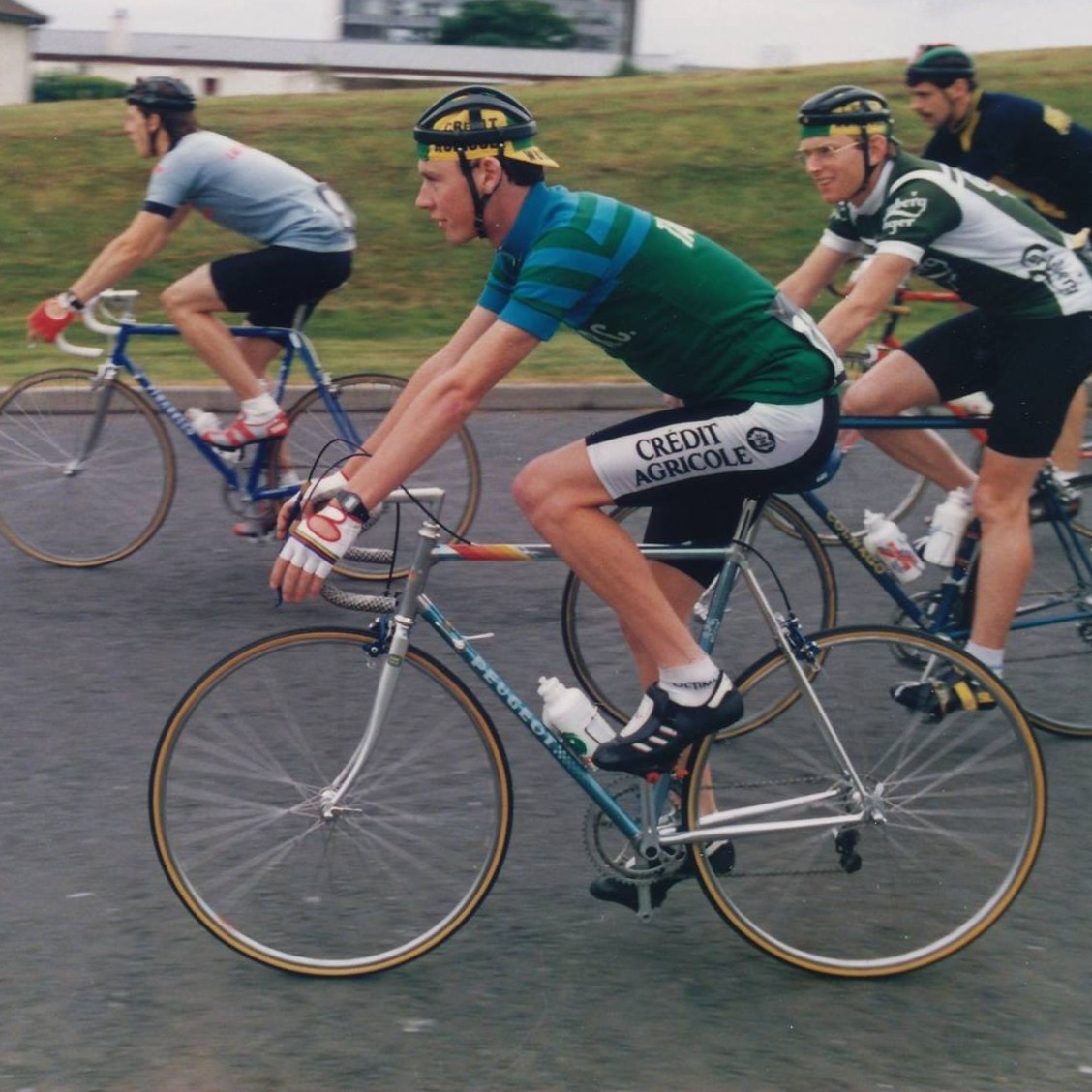Part 3. The Olympic travel journey.
%20(6).png)
Global travel is a part of many sports qualification Olympic processes and triathlon is up with the best when it comes to air miles needed. Not including Continental Championships there were 44 individual qualifying events across 5 continents.
This table shows where the 44 events took place
While World Triathlon has a sustainability program in place it would take a major change in its athlete ranking and event qualification systems to impact the required travel for athletes building their ranking and subsequently chasing Olympic dreams.
Continuing to focus on those at the edge of the individual rankings the athletes filling the final 4 slots, from 45-48 in the women's rankings, competed in 37 of those events between them touching down in 22 different countries from Chile to Norway, New Zealand to Kazakhstan, South Korea to Spain. These athletes entered between 27 and 32 individual events each on the World Triathlon calendar, and of course more including various other triathlon events and other sports. In some cases they would have competed in events to secure their world ranking in order to gain entry into desired Olympic Qualification events. They scored points, in events counting towards Paris, in between 16 and 21 races each.
Here is a table of the total points scored by Final 4 not including Continental Championships where points are restricted to athletes representing that continent.
3 of the final 4 slots were taken by European athletes and they scored as follows
As can be seen from the numbers, limiting yourself to your home continent is not an option for most, certainly not anyone in Australia, New Zealand or South Africa for instance, so long periods away from home, on the road from race to race is inevitable. With this comes a huge price tag, for either the athlete of their federation.
Even a relatively simple event to get to for an Irish athlete, the upcoming World Cup in Karlovy Vary, Czechia, can soon add up in cost. Flights to Prague at €200, transfer to Karlovy Vary another €30, a cheap hotel for 4 nights €200, entry fee €60. This does not include food, getting to Dublin airport or any other miscellaneous costs. Unfortunately €500 is not going to get you to Australia or Brazil. A 20 race campaign is likely to cost over €25,000 and probably much more.
At many races an athlete is faced with an option of staying close to the event venue and the race HQ or further away at less cost. Adding extra time and energy to lower the financial burden can of course impact performance particularly over multiple consecutive weekends of competition. Being in an NGB that can organise the flights, accommodation and transfers and hopefully cover some if not all costs will in the long term lower the mental fatigue and again impact performance and results long term.
Add in equipment costs, medical, physiotherapy, coaching and expensive training camps then having a support structure around you is vital.
Starting today for 2028 an athlete will need to spend wisely to move up the world rankings to ensure they are in position to start getting World Cup starts when the next qualification window opens.



%20(60).png)
